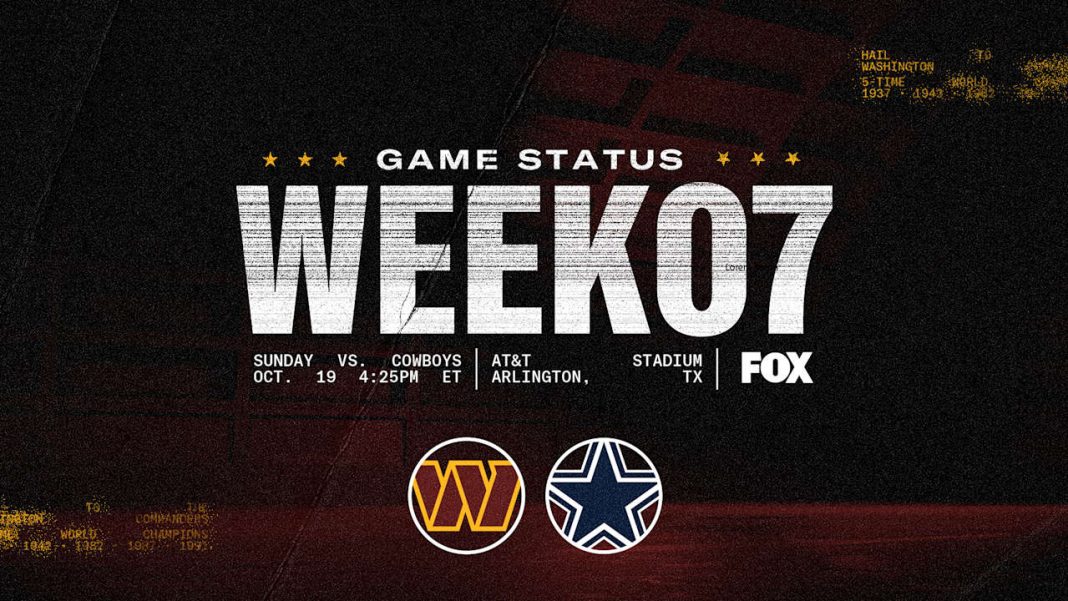The Washington Commanders face a significant hurdle as star wide receiver Terry McLaurin has been ruled out for their crucial matchup against the Dallas Cowboys. This isn’t just the loss of a player; it’s the removal of the offensive lynchpin, the reliable target, and often, the sole bright spot in an otherwise inconsistent aerial attack. For a team needing to find its footing and make a statement, McLaurin’s absence creates a profound void that goes beyond mere statistics.
The Undeniable Impact of a “Scary Terry” Absence
Terry McLaurin isn’t merely a Pro Bowl-caliber receiver; he’s the engine of the Commanders’ passing game. His ability to consistently win contested catches, his precise route running, and his knack for turning short gains into explosive plays are irreplaceable. He’s the security blanket for quarterbacks, the player who draws double teams and opens up opportunities for others. Without him, the offensive playbook feels significantly lighter, and the pressure on every other skill player intensifies exponentially.
Consider the psychological impact too. McLaurin’s presence instills confidence, not just in the quarterback, but throughout the entire offense. His leadership and unwavering effort are contagious. Removing that steadying force, especially against a formidable divisional opponent like the Cowboys, tests the very fabric of the team’s resolve. It forces a fundamental rethinking of how the Commanders intend to move the ball and score points.
Filling the Void: A Collective Challenge
With McLaurin sidelined, the spotlight intensifies on Washington’s other offensive weapons. This is where the depth, or lack thereof, will be truly exposed. Jahan Dotson and Curtis Samuel immediately become the primary receiving options. Dotson, known for his crisp routes and strong hands, will need to elevate his game to a true WR1 level, demanding targets and making plays against tough coverage. Samuel, with his versatility and ability to create yards after the catch, might see an increased workload in both the run and short passing game, aiming to exploit mismatches.
However, it’s not just about these two. The tight ends, the running backs in the passing game, and even the offensive line’s ability to provide extended protection will all factor into mitigating McLaurin’s loss. As one keen observer of the team put it, “Replacing Terry isn’t just about slotting another guy in; it’s about the entire offensive rhythm shifting. It’s a colossal ask for anyone to fill those shoes immediately, and it will require creative play-calling and flawless execution from everyone.” This situation demands that every player raises their individual performance, and the coaching staff devises a scheme that leverages their remaining strengths while minimizing their weaknesses.
A Test of Identity and Resilience
Ultimately, McLaurin’s absence against the Cowboys is more than just a personnel change; it’s a profound test of the Commanders’ identity. Can they adapt? Can others step up in the face of adversity? This game will reveal much about the team’s resilience, its depth, and its strategic ingenuity. For Washington, it’s an opportunity, however unwelcome, to forge a stronger collective spirit and prove that their offense is not a one-man show. The path forward is undoubtedly tougher, but how they navigate this challenge will speak volumes about their potential for the remainder of the season.




